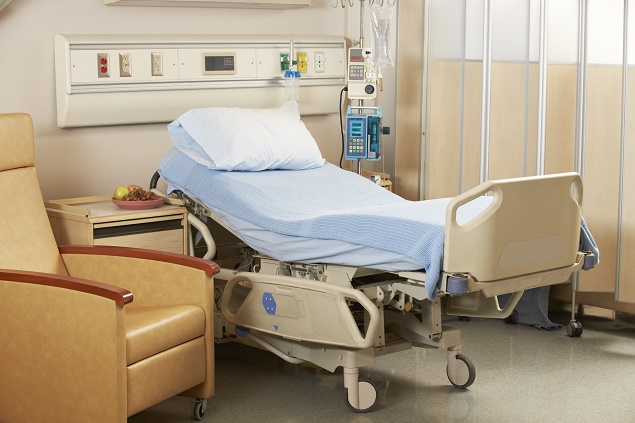Hospitals can be frightening places. For our parishioners, it does not take too long into the hospital admission to feel one has lost control. There is the stress of exchanging real clothes for a gown totally open down the back. There is unsettling fear in most that the outcome of their health crises will negatively affect their life. The experience can be frightening for pastors too. Confronted with sounds, sights, and smells that may be unnerving, pastors may also feel uncertain of how to help.
Before serving as a pastor, I was called to be a nurse. I was always grateful for my first “calling” in nursing because I could navigate the hospital environment more comfortably. That is why am writing this article today. Although there are no formulas for hospital visits, I want to share seven principles that may make your hospital visits more effective.
- Pray. Sometimes situations are overwhelming. A person’s medical condition can be dire or family dynamics can be strained. No level of preparation can prepare you for these moments. So, seek God’s guidance before you enter the room. There is no substitute for prayer.
- Identify a contact person. Exchange phone numbers with this individual. Federal law limits what information hospitals can share. Knowing someone with whom you can follow up will save you time and help you provide better care to the family.
- Develop a care plan. When treating a patient, medical professionals develop a care plan. As a pastor, I did too. During the initial visit, ask about practical needs that the family might have. Do they need a friend to cut the grass or water the plants? Do they need someone to let the dog out?
- Provide care not only for the patient but also the family. Consider asking family members when they have eaten or taken a walk. Offer to get them something from the cafeteria, the store, or from home. With the permission of the family, you might offer to call a friend from church to come and sit with the patient while the family members runs an errand or runs home to get a fresh change of clothes. Most hospitals will help make space for bed at night. Make sure that caregivers are cared for.
- Help families prepare for the doctor’s visit. In reality, most hospitals are understaffed. Medical professionals are pressed for time and juggling many responsibilities. You might suggest that families write down their questions for the doctor in advance. This will save time and ensure that their questions are answered.
- Sometimes family may want to limit number of people in room. If a family wants to limit the number of people, you might offer to say a group prayer and then suggestion that friends gather to talk in nearby lounge.
- Visiting hours should be honored. However, intensive care units will often let pastors in to see parishioner briefly if there is not emergency care being given any patient. Be sure to ask and, as always, be respectful. Hours for visiting are limited to allow people to rest and to receive treatments to facilitate their recovery. People need time to “regroup” emotionally and physically.



